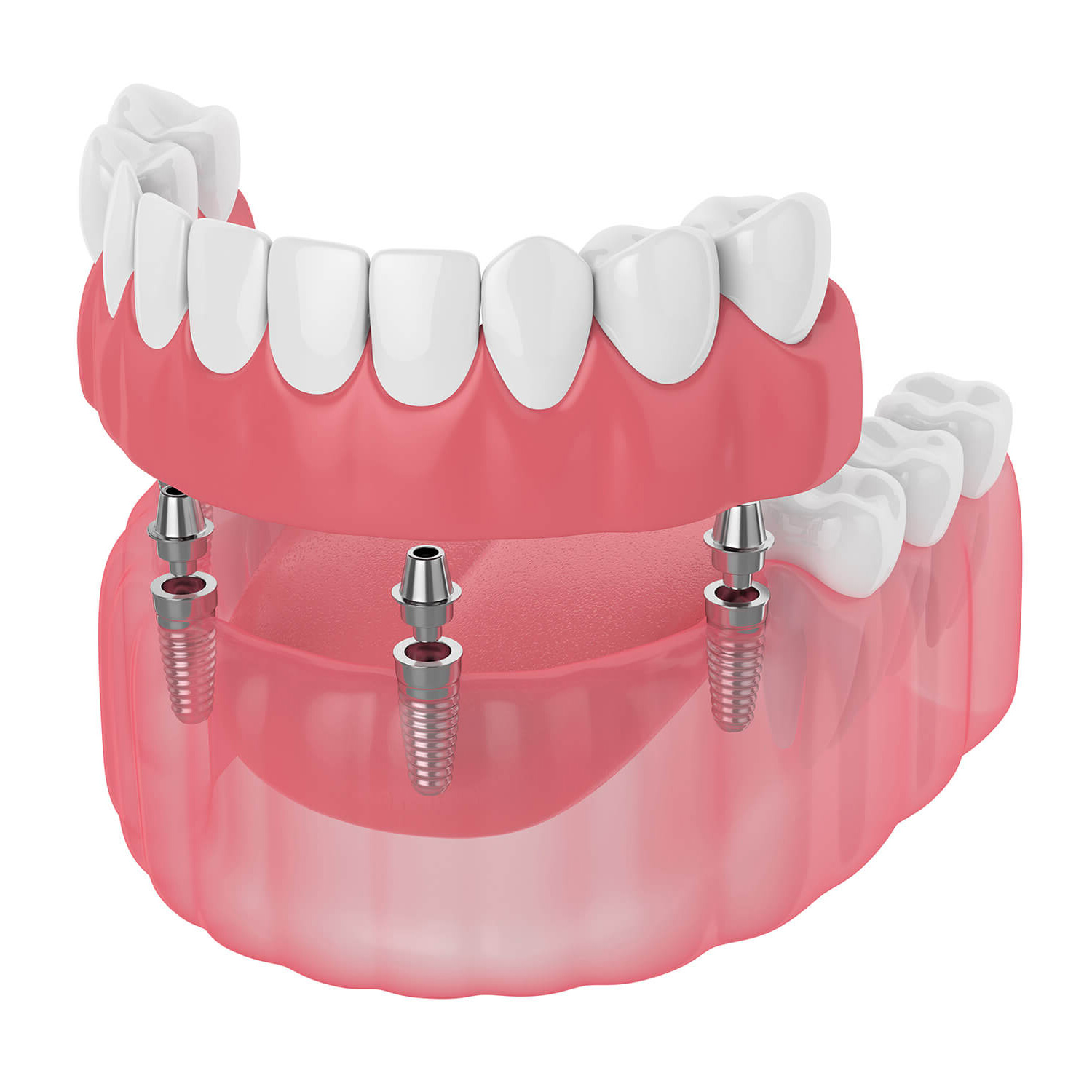
Dental implants are a modern, reliable solution for restoring missing teeth and a natural-looking smile. They serve as a substitute for the root of a missing tooth, providing a strong foundation for fixed or removable tooth replacements.
The benefits of teeth implants extend beyond aesthetics. They improve chewing function and speech clarity and can prevent jawbone deterioration, often accompanying tooth loss, offering both cosmetic and functional advantages.
Dental HQ is dedicated to enhancing your smile through dental implants that are as unique as you are. Our experienced dental crew takes the time to understand your needs and preferences, making sure your dental implant experience is both effective and comfortable.
Understanding your budget considerations, we provide dental implants at affordable rates while upholding the highest quality. By adhering to internationally recognised standards, we ensure that your investment in dental implants is a wise, long-lasting one for your oral well-being.

The process involves several key steps and requires skilled intervention from our experienced dentists. Below is an overview of the procedures involved in getting a dental implant, a highly recommended dental treatment for those with damaged or missing teeth, including those with chipped teeth.
Initial Consultation: Assessing Your Needs
The first step is an initial consultation, where your dental needs are thoroughly assessed. Whether you have a single missing tooth or multiple missing teeth, this initial evaluation will determine if teeth implants are the right option for you. During this visit, our dentist will conduct examinations, paying close attention to the areas where teeth are damaged, missing, or chipped, and may recommend imaging tests for a more comprehensive view of your oral structure.
Treatment Planning: Custom Solutions
After the initial assessment, a detailed treatment plan is crafted, tailored specifically to your needs. This plan outlines the timeline, the types of implants to be used, and any preparatory treatments that might be needed, especially if you have damaged or chipped teeth.
Preparatory Treatments: Setting the Stage
Sometimes, before placing the dental implant, additional dental treatments may be required. These could range from bone grafts to support the jaw bone or treatments for existing oral conditions that could complicate the implant procedure.
Implant Placement: The Foundation of Your New Tooth
During this phase, the dental implant is surgically implanted into the jaw bone. It acts as an artificial root for your new tooth. This step may require local anaesthesia to ensure your comfort throughout the procedure.
Osseointegration: Uniting Implant and Bone
After the implant is placed, a process called osseointegration begins. This is where the dental implant fuses with the jaw bone, creating a steady foundation for your new tooth. This phase can take a few weeks to a few months, depending on individual healing times.
Abutment Placement: Connecting the Pieces
Once osseointegration is complete, an abutment is attached to the exposed part of the implant. This component serves as the connection between the implant and the crown, which will be your visible new tooth.
Crown Fitting: The Final Touch
The last step is fitting the crown, which is the prosthetic tooth attached to the abutment. This crown is custom-made to match the colour, size, and shape of your own teeth, offering a natural and seamless appearance and providing a long-lasting solution, unlike partial dentures.
Here are some key characteristics that make an individual suitable for dental implants:
Good Overall Health
The first criterion for being an ideal candidate is good general health. Dental implants require a surgical procedure, so your body should be in a condition conducive to healing and recovery.
Healthy Gums
Gum health is another crucial factor. Periodontal disease (gum disease) can seriously hinder the success of a dental implant. Healthy gums serve as a strong foundation for the implant, so it’s essential to treat any gum disease before considering this option.
Adequate Bone Density
Teeth implants are anchored in the jawbone and require a certain amount of bone density for successful integration (osseointegration).
Commitment to Oral Hygiene
Successful implants require a commitment to good oral hygiene both before and after the procedure. Proper cleaning and regular dental visits can prevent complications, such as infection or implant failure.
We provide high-quality brands such as Neodent and Straumann, and we offer digital dental implants for enhanced precision and efficiency in treatment.
Note: Any surgical or invasive procedure carries risks. Before proceeding, you should seek a second opinion from an appropriately qualified health practitioner.
Monday to Friday: 8am to 6pm
Saturday: 8:30am to 6pm
Sunday: Closed